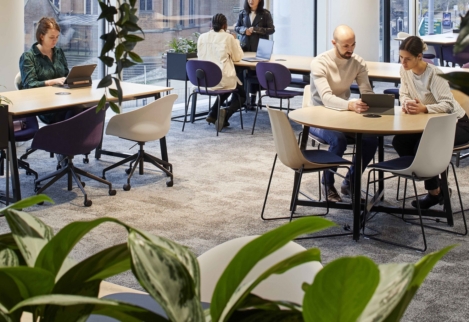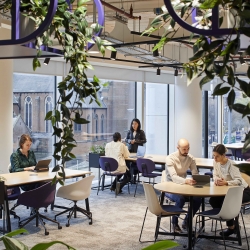May 30, 2023
Surge in employee turnover suggest that the ‘Great Resignation’ is still with us
 Over the past year, 55 percent of working adults have either started a new job or are looking for one, according to a report [registration] published by insurance firm YuLife. The poll suggests that a further 35 percent of working adults say it is likely they will consider changing jobs within the next year. The report claims that these findings suggest that the so-called Great Resignation may be far from over. The report also claims that high levels of stress characterize the modern workplace, and businesses which proactively address employees’ concerns around stress and invest in their wellbeing benefit from reduced churn and turnover. (more…)
Over the past year, 55 percent of working adults have either started a new job or are looking for one, according to a report [registration] published by insurance firm YuLife. The poll suggests that a further 35 percent of working adults say it is likely they will consider changing jobs within the next year. The report claims that these findings suggest that the so-called Great Resignation may be far from over. The report also claims that high levels of stress characterize the modern workplace, and businesses which proactively address employees’ concerns around stress and invest in their wellbeing benefit from reduced churn and turnover. (more…)

















 A significant majority (85 percent) of employees feel like they are just a cog in the machinery of their organisation and 43 percent have no idea how their performance contributes to business success, according to a new survey of employee experience and expectations. According to the
A significant majority (85 percent) of employees feel like they are just a cog in the machinery of their organisation and 43 percent have no idea how their performance contributes to business success, according to a new survey of employee experience and expectations. According to the 















May 10, 2023
How to eliminate tech-shaming in the workplace
by Aaron Taylor • Comment, Technology, Workplace